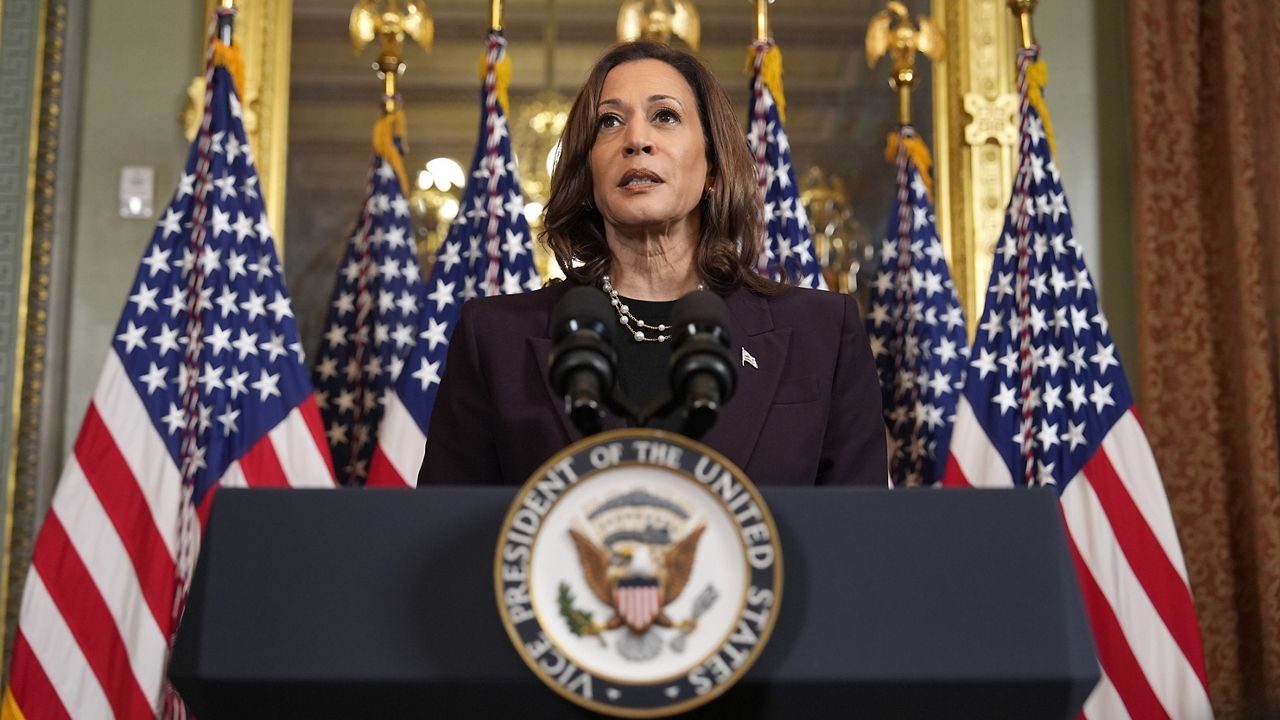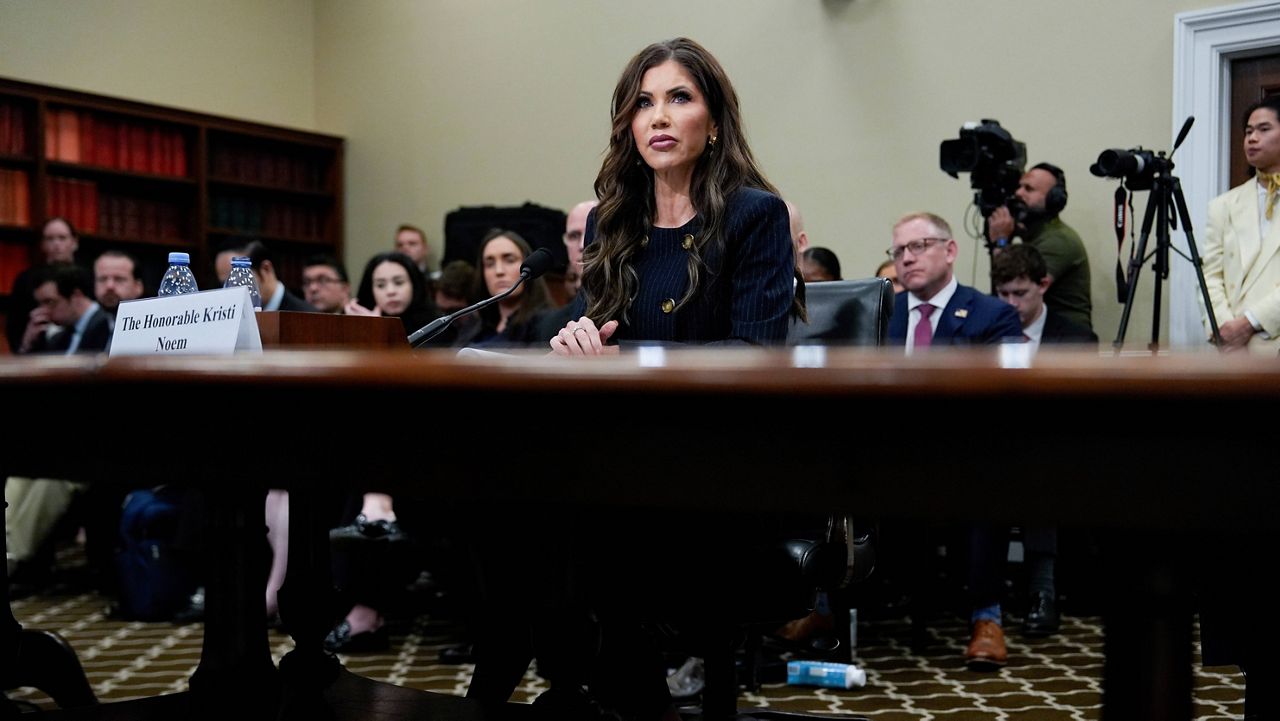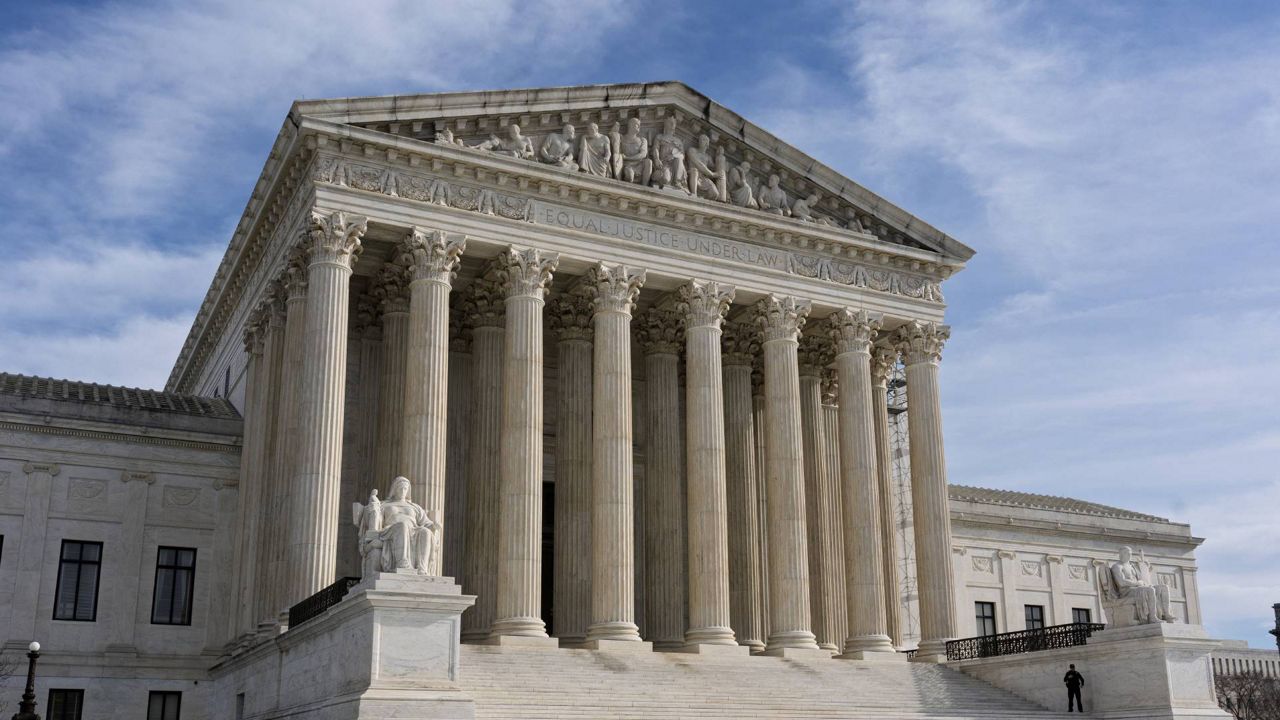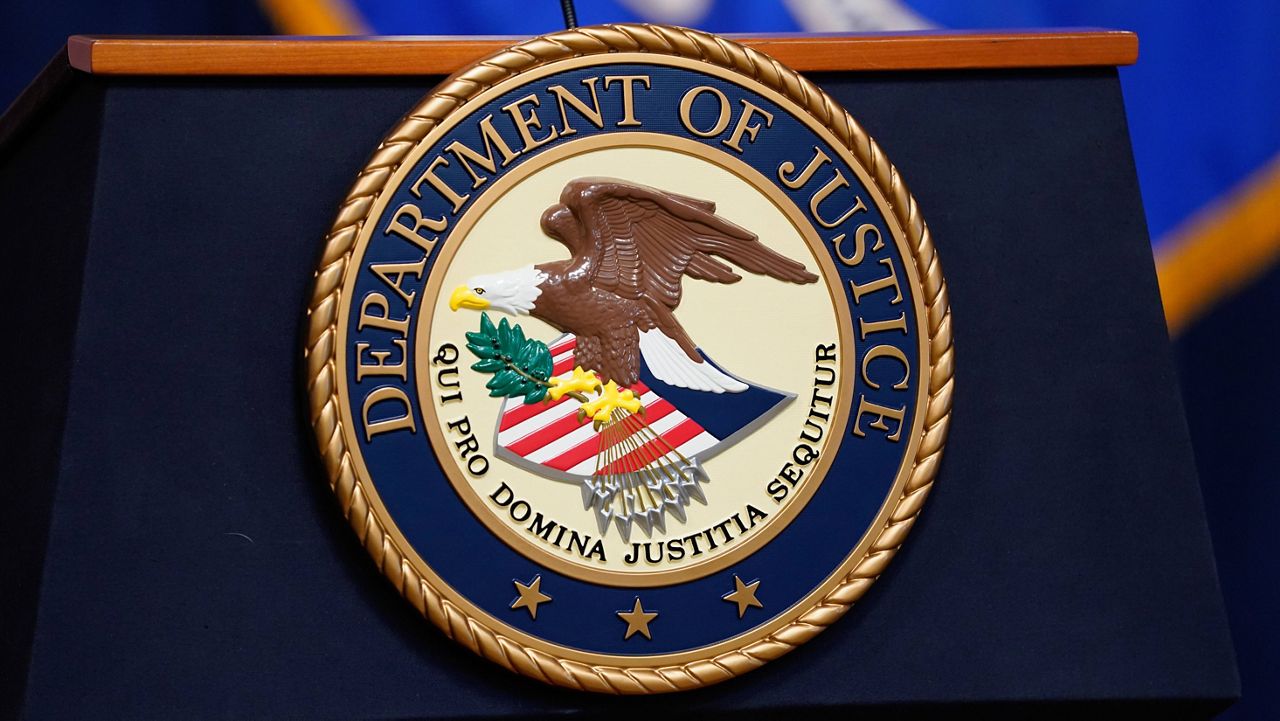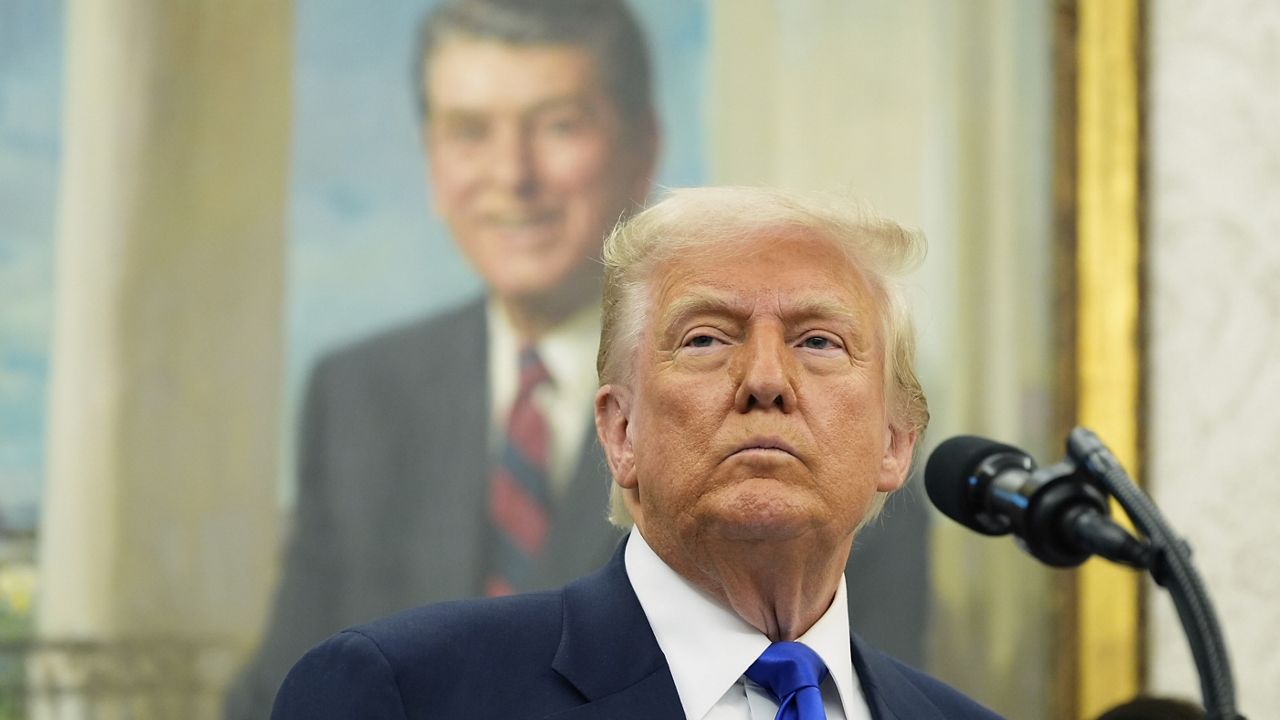Vice President Kamala Harris emerged from a meeting with Israeli Prime Minister Benjamin Netanyahu at the White House on Thursday declaring that she would not be “silent” on the “suffering” in Gaza.
“What has happened in Gaza over the past nine months is devastating – the images of dead children and desperate, hungry people fleeing for safety, sometimes displaced for the second, third or fourth time,” she said. “We cannot look away in the face of these tragedies.”
“We cannot allow ourselves to become numb to the suffering and I will not be silent,” Harris continued.
The vice president noted that she relayed her “serious concern” to Netanyahu during the pair’s sit-down, which took place in her ceremonial office in the Eisenhower Executive Office building on the White House campus on Thursday, about the “human suffering” in Gaza and “death of far too many innocent civilians.”
“To everyone who has been calling for a ceasefire, and to everyone who yearns for peace, I see you and I hear you,” the vice president added.
Fresh off becoming the likely 2024 Democratic nominee for president, Harris’ individual meeting with Netanyahu gave her a chance to put her foreign policy credentials on display and potentially find her own footing on an issue that has stirred controversy within her party.
President Joe Biden, who dropped his bid for a second term on Sunday then endorsed Harris, sat down with Netanyahu in the Oval Office earlier on Thursday.
The president has faced pushback from some on the world stage and at home for his continued support of Israel amid the fighting in Gaza which has killed tens of thousands of Palestinian civilians and led to a humanitarian crisis.
Protesters took over streets around the U.S. Capitol building on Wednesday as Netanyahu delivered a joint address to Congress. Some lawmakers, particularly in the Democratic party skipped the address altogether. Demonstrators also gathered and chanted outside the White House on Thursday.
Following her meeting, the vice president on Thursday also stressed that she has “unwavering commitment” to the existence of the State of Israel and emphasized that Hamas “triggered” the nine-month-old war when it attacked Israel on Oct. 7 and killed about 1,200 people. She added that she would “always ensure” Israel can defend itself from Iran and Iranian-backed groups such as Hamas and Hezbollah.
Tensions have recently flared between Israel and Iranian-backed groups Hezbollah and the Houthi rebels, which was expected to be a topic of discussion between Biden and Netanyahu on Thursday.
Harris also used her remarks after her meeting to individually name the Americans still being held hostage by Hamas, emphasizing it was time for both sides to agree on the details of the multi-stage proposal Biden laid out in May that aims to ultimately facilitate an end to fighting in Gaza.
“Thanks to the leadership of our President Joe Biden, there is a deal on the table for a ceasefire and a hostage deal,” before adding that it is time for the war to end.
The vice president also said she is committed to a two-state solution, which Netanyahu and the Knesset, Israel’s parliament, have rejected. Biden has also been steadfast in his belief in a two-state solution.
Earlier in the conflict, Harris at times appeared to take a harder line in her language about humanitarian suffering in Gaza than the president was willing to go publicly.
In March, as Biden was trying to get a six-week ceasefire in place, she called for it to be “immediate,” while referring to the situation in Gaza as “inhumane.”
Two months later, asked her response to an Israeli strike on a camp for civilians in Rafah in May, the vice president said “The word tragic doesn’t even begin to describe it,” despite Biden having not commented publicly on it.
An aide to the vice president earlier this week said that during her meeting with Netanyahu, Harris was expected to condemn Hamas’ Oct. 7 attack on Israel while also expressing her “deep concerns” about the humanitarian situation and the “loss of innocent life” in Gaza.
In a statement, Listen to Wisconsin, a branch of a wider effort encouraging Democratic voters to vote “uncommitted” during the primary elections in protest of Biden’s handling of the war, told Spectrum News that “voter demands remain the same and unaddressed.”
“We’ve heard VP Harris has signaled she may leverage more consequences for the Israeli regime which has crossed U.S. ‘red lines,’ and we’re eager to find out if she will back an arms embargo to finally stop Israel’s massacres and destruction,” the statement from Halah Ahmad, Listen to Wisconsin’s spokesperson read. “That will determine where Democratic and Independent voters can look for a candidate that represents their values and a peace agenda—that’s what we believe everybody deserves.”
About 8% of Democratic presidential primary voters in the key battleground state of Wisconsin cast their ballots for “Uninstructed” – the state’s equivalent of uncommitted – instead of voting for Biden.




